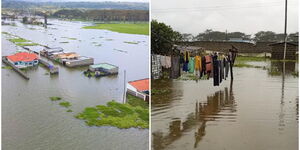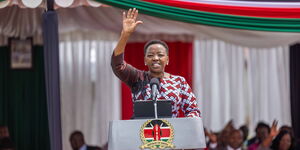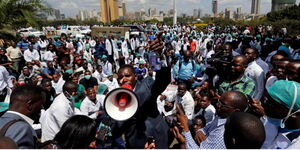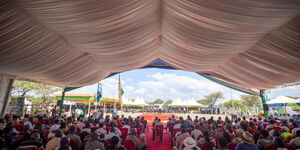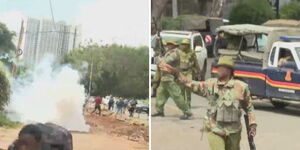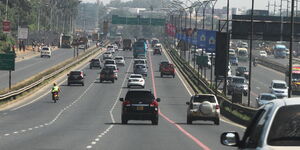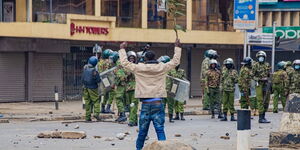The Ministry of Energy has embarked on a plan to lower the price of cooking gas following a public uproar.
The National Oil Corporation of Kenya and Kipevu Oil Terminal in Mombasa will be instrumental in the state’s plan to enter the gas import and supply market, with the ripple effect being reduced cost of the vital product.
The Energy and Petroleum Regulatory Authority (EPRA) stated that the government's entry into that market will see prices stabilised.
“The Petroleum Products Quota Allocation shall be as set out in the First Schedule and the purpose of the quota allocation will be to ensure price stabilization in an unregulated pricing regime,” states EPRA in the Draft Petroleum (Importation)(Quota Allocations) Regulations, 2022.
The state will import 30 per cent of the cooking gas and store it at the Kipevu oil terminal which is almost complete.
The construction of the oil terminal began in 2019 to increase its capacity to handle four vessels of up to 100,000 metric tonnes and an LPG line.
The prices of cooking gas have risen significantly over the last one month. A 13-kilogram cooking gas is retailing at Ksh3,400 from Ksh2,250 in June last year.
In January this year, cooking gas prices hit a 8-year high with a 13-kilogram cylinder retailing at Ksh2,978. The industry players had attributed the price surge to the global markets fluctuations. The small gas dealers accused the big players in the industry of fixing the prices under the guise of taxation.
According to the 2019 census, only 5.6 per cent of the rural population had access to LPG compared to the 53 per cent in the urban areas.
The prices of cooking gas were left to market forces unlike those of diesel, petrol, and kerosene that have been under regulation since 2010.
The Ministry of Energy will award one oil marketer the deal to import gas on behalf of the entire industry just like diesel, petrol, and kerosene.
The absence of a common-user facility has been attributed to the inability of firms to handle cooking gas imports at the port.


